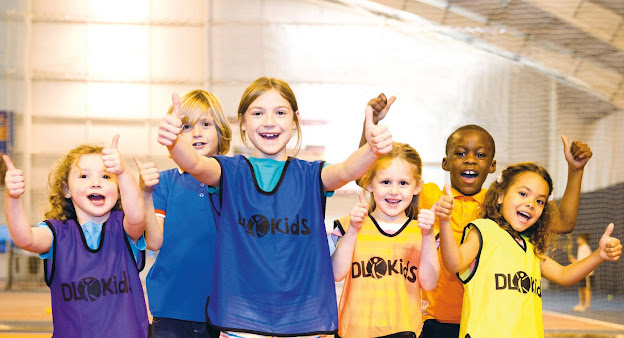6 Benefits of Implementing Music in the Classroom | Junior Jam
You've probably felt the power of music at some point in your life, whether you're a classically trained musician or just like to sing in the shower. And while it's enjoyable to listen to music at any age, school-aged children with a Music PPA Cover may benefit from it even more. There are several benefits that music can provide to the children you educate if you work in early childhood education. Here are six reasons why you need to include music in your curriculum lessons.
1. Music is calming and helps improve mood
According to research, it can have a favorable effect on our physical, mental, and emotional well-being. It has also been proven to exhibit the patient's quality of life and medical outcomes. The "feel-good" chemicals in the brain, endorphins, are released when you listen to music. This provides a wide range of benefits, including reducing anxiety, which youngsters deal with on a daily basis.
2. It improves cognitive development
It has been shown that listening to music helps children do better academically by improving cognition, learning, and memory. And the good part is that formal music education is not required. Music enhances the memory of events. This means that by combining teachings with engaging music and rhythms, you can help kids concentrate and remember what you're teaching them more effectively. Because of this, as a teacher, you should include music education in your lesson plans.
3. Education through music helps with emotional development
The support that music offers for emotional growth is another advantage of using music in the classroom. Children can use music to experience and express emotions like happiness, fear, or rage. According to research, the ability to connect with others is also enhanced in children who regularly participate in group music, singing, and dancing activities.
Music helps imagination and creativity
Music-filled creative play is essential for a toddler's growth. It supports their emotional, physical, mental, and social growth. For young children, self-expression through music is important. Children have the chance to create, learn, experiment, and experience things when music is included in the classroom—all essential skills for imagination and creativity.
5. It improves language and literacy skills
Regularly singing songs and nursery rhymes to your children will help them develop their language and communication skills. Including music in your curriculum is a great approach to assist kids to learn new words, which will benefit their literacy development in all areas (letter knowledge, vocabulary, phonological awareness, etc.).
6. Music promotes teamwork
Through musical interaction, students observe their friends and gain an understanding of nonverbal communication. Additionally, kids learn their place in the overall scheme of things. It's also an excellent introduction to teamwork, even though kids might not immediately understand or appreciate it completely at the beginning.
So these were the benefits of implementing music in the classroom. Junior Jam has experienced and qualified instructors in Music, providing Music PPA Cover over many years to deliver Music in your schools. Visit today for more.




Comments
Post a Comment